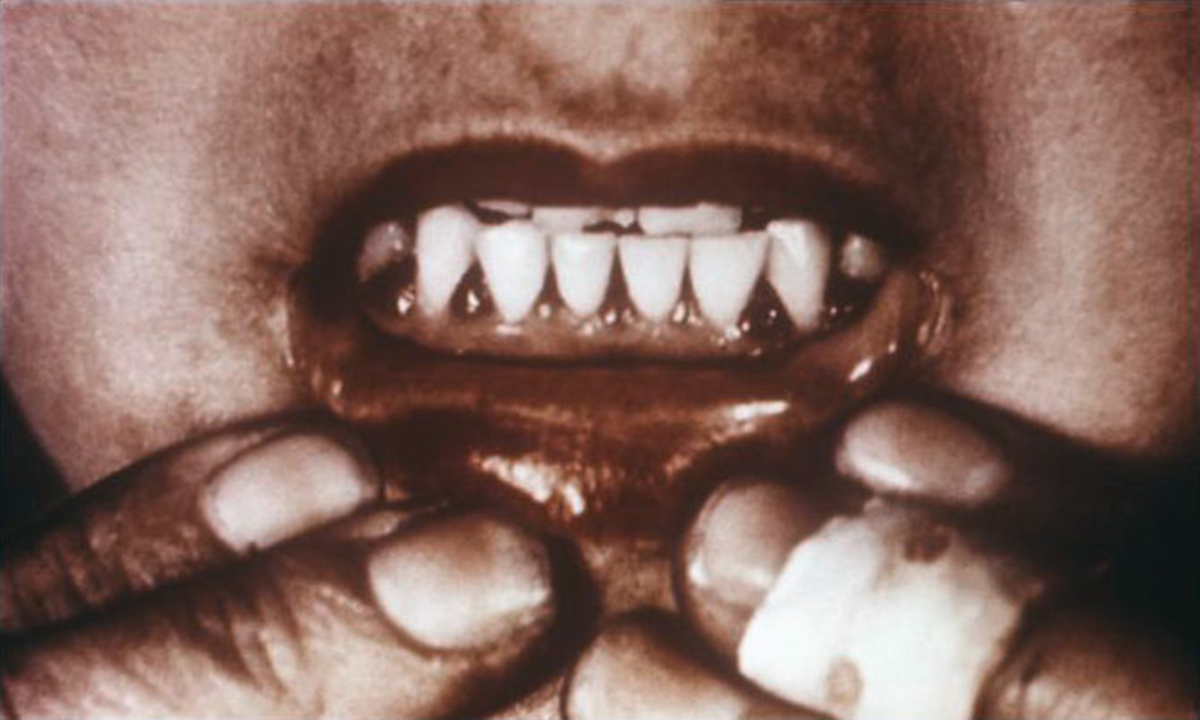
The gums are the tissue in the mouth that is attached to the jaw bone. Dentists say that if your gum is a minimum of one millimeter wide then they will usually have a decent supply of blood thus meaning they are healthy.Causes of a Gum Infection
If you believe there is a problem with your gums then it is advisable to seek the help of a dentist. When a virus or bacteria get into the gum they will immediately cause you to notice inflammation, a redder coloring and maybe even some bleeding. When the infection is isolated to the gums then it is usually called gingivitis. What are Some Home Remedies for Infections of Gums
Instead of trying to treat the infection you have, it would be easier to prevent it from happening in the first place. If you already have a tooth ache then try using oil from cloves. All you need to do is put whole cloves and vegetable oil together and just let it sit for a month or so. After this, you can massage a tooth and gums with it. Also check out the food you eat because if you are having a lot of red meat or a lot of soft drinks then you may be getting too much phosphorous. Dentists will also advise you to stimulate your gums to encourage the blood circulation, so try using a rubber toothpick, place it between your teeth, place it at a forty five degree angle and apply a small amount of pressure in circular motions for approximately ten seconds. An apple a day can keep the dentist away, and this is true because apples will make your gums stronger. A dentist called Richard Sheppard from Colorado says that you can stimulate the blood circulation in the gums by holding the gums between your thumb and your index finger and simply massage.Use of Products to Help with Infections of the Gums
A simply method that is effective is by putting some salt, just a pinch, in a glass of warm water and gargle for thirty seconds three or four times a day. This works by taking down some of that swelling, you can also try rubbing the gum with a clove which is just as effective. Because the bacteria has to attach onto the tooth to make plaque so try using oleanolic acid as this will stop the attachment process.


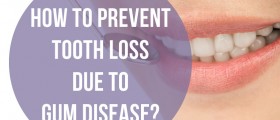

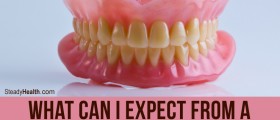
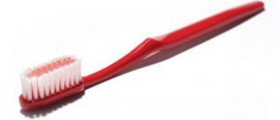
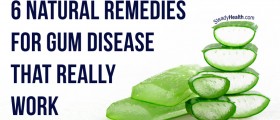
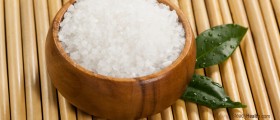
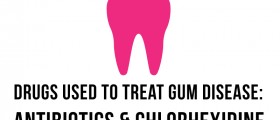
,-Don't-Ignore-Receding-Gums_f_280x120.jpg)
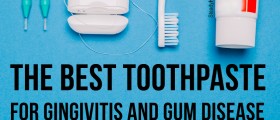

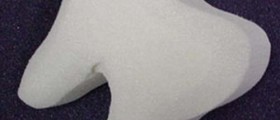
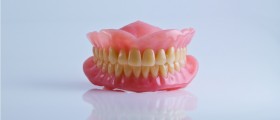

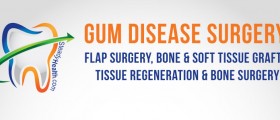
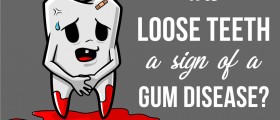
Your thoughts on this
Loading...